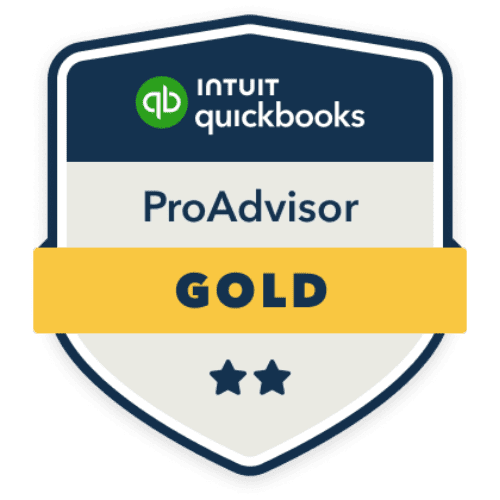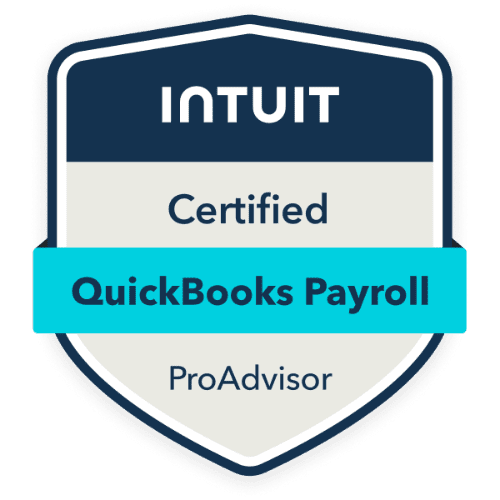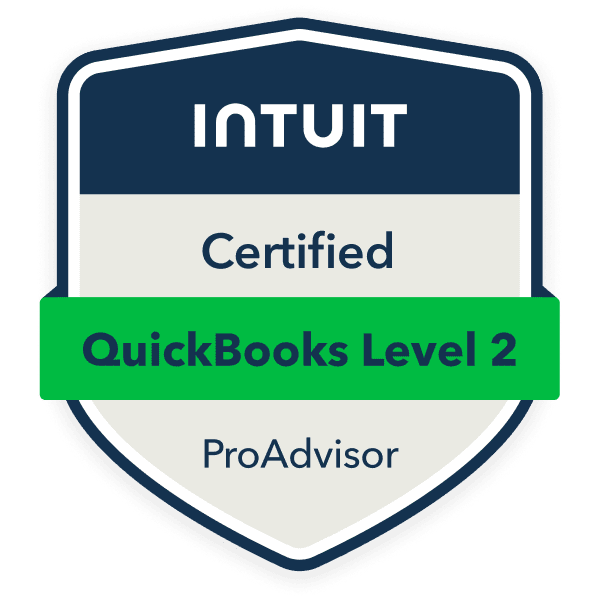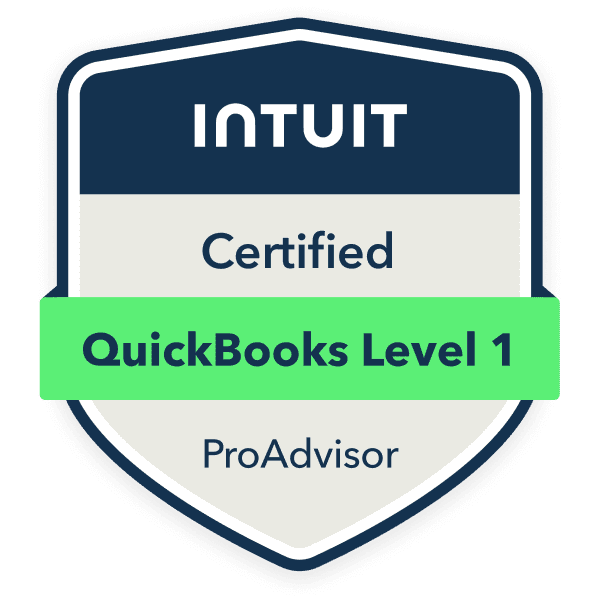Got multiple businesses under your belt? Maybe you’re running a consulting LLC while also operating a separate e-commerce store, or managing rental properties under one entity and freelance income under another? Here’s the golden rule that’ll save you major headaches: each business entity gets its own complete set of books.
I’ve seen too many business owners learn this lesson the hard way. Just last month, a client came to us in a panic because they’d been mixing transactions between their design agency and their online boutique. What started as “just this once” turned into a bookkeeping nightmare that took weeks to untangle.
Why Separate Books Are Non-Negotiable
If you have multiple businesses with different EINs (Employer Identification Numbers), they need completely separate bookkeeping systems. Think of it like this: each business is its own legal person, so it needs its own financial records.
Here’s the thing about legal protection
The IRS sees each EIN as a separate business entity. Mixing their finances creates a mess that can trigger audits, complicate tax filings, and potentially pierce your corporate veil – which means losing your liability protection. Courts examine financial records for signs of commingling, such as using corporate funds for personal expenses or mixing personal funds with corporate accounts.
But wait, there’s more to consider
Beyond keeping the IRS happy, clean books for each business help you track profitability, make smart decisions, and maintain that crucial legal separation between entities.
What Each Business Needs (No Exceptions!)
Every business entity should have its own:

Don’t mix funds between entities.

Get dedicated cards for each business.

Use a separate system for each entity.

Categorize expenses by the correct entity.

Attribute revenue to the correct business.
Here’s what NOT to do: Don’t pay your personal mortgage from your business account, avoid using the same credit card for multiple entities, and never use business funds for personal streaming subscriptions. These are the kinds of mistakes that make accountants and bookkeepers cry. They can also get you into trouble with the IRS.
Your Monthly Game Plan
Now, here’s where most people typically make a mistake. They think they can catch up later. Wrong! Review each business’s books separately EVERY MONTH. Each entity should generate its own profit and loss statement, balance sheet, and cash flow tracking.
This isn’t just good practice; it’s legally required for maintaining proper corporate structure. Courts are more likely to pierce the veil when the corporation is used as a tool for personal gain or when there’s evidence that the corporate form was used to commit wrongful acts.
Common Mistakes That’ll Cost You
Let me share some real-world disasters I’ve witnessed:
The “Just This Once” Trap
Using your personal credit card for business purchases or paying personal bills from your business account creates confusion and leads to problems during tax season. It’s like pulling a thread that unravels your entire corporate structure.
The Receipt Shoebox
If you wait until your shoebox is overflowing with receipts, you’ll struggle to remember what transactions were actually for, bank reconciliation will be a nightmare, and you may forget to document tax-deductible expenses.
The “I’ll Figure It Out Later” Mentality
I know that this can feel overwhelming, but it’s crucial to establish a system. Neglecting to track reimbursable expenses is like flushing money down the toilet. You lose money and tax deductions.
Tax Season: Your Reward for Good Habits
When April rolls around, each business files its own return. Having completely separate books makes this straightforward instead of creating a nightmare of untangling mixed transactions. Trust me, your future self will thank you.
QuickBooks Online Makes It Easier
The good news? QuickBooks Online offers solutions specifically designed for managing multiple businesses. You can manage several businesses from one login while keeping their financial records completely separate. Each company requires its own subscription, but you get the convenience of centralized access while maintaining that crucial legal separation your entities require.
Your Action Plan (Start This Week!)
Ready to get your act together? Here’s what to do right now:
Open dedicated bank accounts
Each entity should have a separate bank account. If you haven’t done this already, do it NOW.
Set up separate folders
Set up separate folders (physical or digital) for each business’s receipts.
Set up QuickBooks Online
Set up QBO with separate company files for each business. We’re happy to help you get this up and running correctly.
Schedule monthly reviews
Schedule monthly reviews on your calendar. (Seriously, put them in there right now.)
The Bottom Line
Proper bookkeeping separation protects your business structure, simplifies tax compliance, and gives you crystal-clear financial insights for each of your ventures. By following these rules and treating each business as a separate legal entity, you can avoid personal liability and keep your personal wealth safe from business risks.
Wait! What if Your Businesses are Under ONE LLC?
Everything I’ve covered above applies when you have separate business entities with different EINs. But what if you’re running multiple business activities under a single LLC? The rules change significantly – and you might have opportunities to save thousands in administrative costs and taxes that most business owners don’t know about.
Read: The Hidden Exception to the “Separate Books” Rule That Could Save You Thousands →

Feeling overwhelmed by all this?
Look, I get it. Managing multiple entities can feel like juggling flaming torches while riding a unicycle. That’s exactly why we’re here. Schedule a consultation with us, and let’s create a bookkeeping system that actually works for all your businesses. No more shoebox disasters, no more 3 AM panic attacks about mixed-up transactions.
We’re here to help. Schedule a call, and we’ll include a free Diagnostic Review of your QuickBooks Online account.
This blog post is intended for informational and educational purposes only and should not be construed as financial, tax, or legal advice. Every business situation is unique, and tax laws and regulations are subject to frequent changes. Please consult with a qualified accountant, tax professional, or attorney before making decisions about your business structure or bookkeeping practices. The information provided here is based on current understanding at the time of publication and may not reflect the most recent changes in tax law or regulations.















